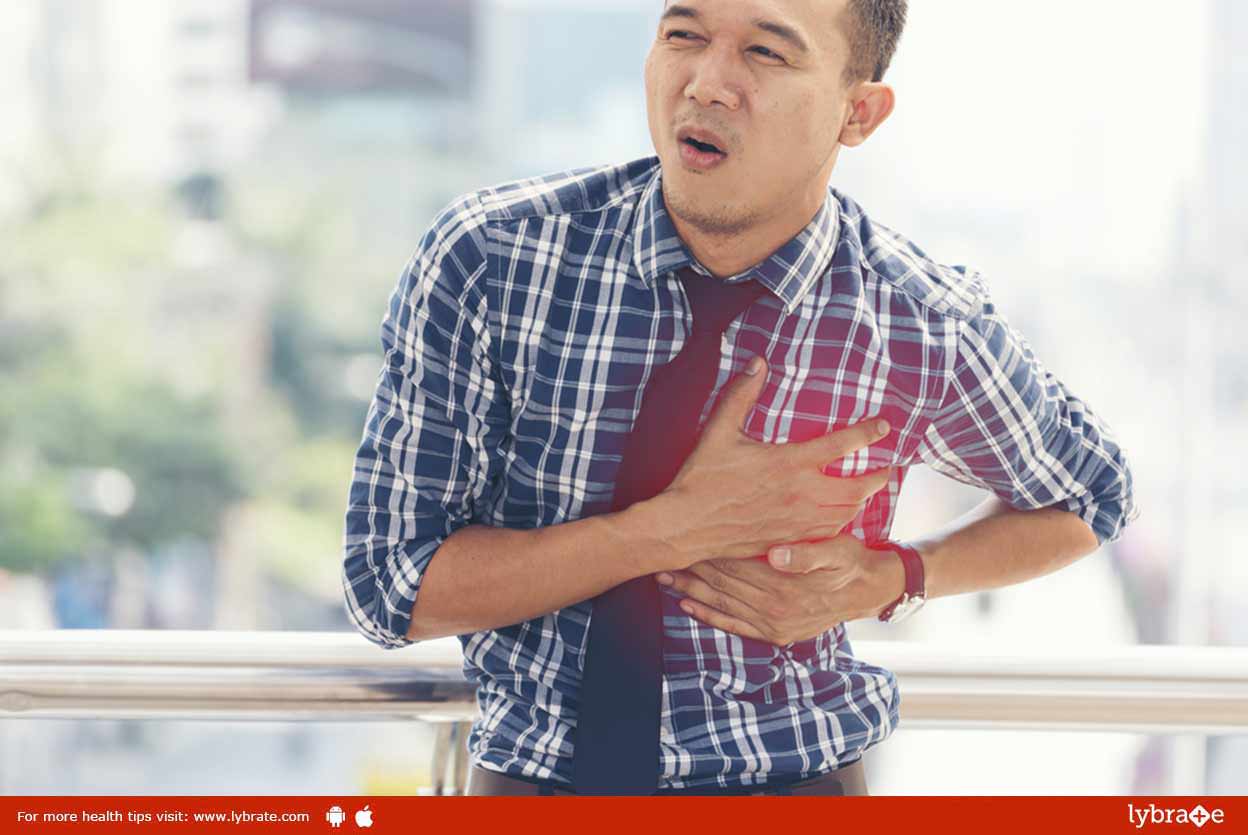By MP Heart Clinic, Cardiology
Subtle Signs of a Heart Attack:
- Unusual Fatigue: Like most people, you may also be busy with hectic schedules and deadlines. You may have responsibilities such as aging parents, running a household or taking care of your family’s monetary needs. Most of the time you are probably weary and tired. This is normal and nothing to worry about. But if your fatigue is new and dramatic, it’s a sign your heart is weakening or on the verge of having a heart attack.
- Shortness of breath and excessive sweat secretion: If there is shortness of breath without exertion accompanied by chest pain or if you have stress regardless of no relevant cause, it’s a sign of a heart attack.
- Back, jaw and neck pain: If there is a sudden problem with the heart, it might trigger the nervous system of that area, but the pain might be felt elsewhere in the body. These body parts include the neck, jaw, the back or even in your arms and legs.
Symptoms of a Heart Attack:
- Chest Discomfort: If you feel a sharp stab in your heart all of a sudden, which feels like a burning or crushing sensation, it might be a symptom of a heart attack and shouldn’t be ignored. You should seek medical help immediately.
- Nausea or Heartburn: A feeling of sickness and an inclination to vomit may be a symptom of a heart attack as well.
- Dizziness: If you start feeling dizzy and have a feeling you’ll faint at any point, call an ambulance immediately, as it may be a heart attack.
- Snoring: Excessive snoring while sleeping and out of the blue isn’t normal. It may be because of congestion in your heart and the heart tissues and arterial walls are being restrained from pumping properly due to blockage within them. If you snore on a daily basis, it might not be a big issue. In both cases it is important that you check with your doctor to ascertain the causes and avert danger before something worse happens.
Emergency Treatment in case of a Heart Attack or Infarction:
- The first thing to do in case of heart attack is calling the local ambulance service for immediate and quickest transportation to a medical facility nearby.
- Don’t depend on or allow your family members or a stranger to drive you to the hospital as they may take longer, which might be fatal for you. The rest is taken care of by the emergency department in the hospital.
- There are certain emergency medicines and tablets which doesn’t allow blood clot formation in the heart, but these medicines work only if provided to the patient within a couple of hours after the attack. Thus ensure that you have these medication handy all the time and so they can be administered quickly when the need arises.








































